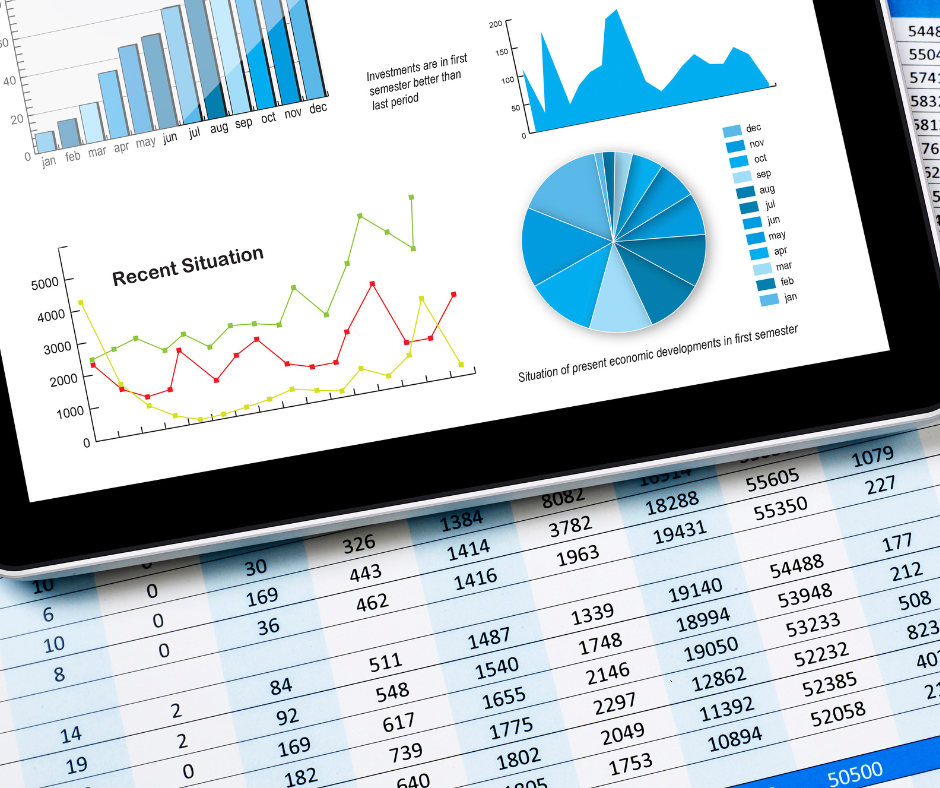As we continue to witness the ripple effects from the collapse of banks including Silicon Valley Bank, Signature Bank, and First Republic Bank, we can’t help but take on the role of armchair quarterback and wonder how these crises can be prevented in the future.
Since Flexi’s roots are in the financial services industry and dozens of banks have relied on our accounting software over the past 30 years, our focus narrows down to a two-part question: How can finance and accounting reduce risk for banks and other financial institutions? And how can our software help facilitate this?
In the banking industry, accounting departments play a vital role in maintaining the financial health of the institution. One of the most important responsibilities of these departments is to minimize risks associated with financial transactions. Having the right bank accounting software mitigates these risks.
Reducing risks is crucial in safeguarding the institution’s assets, complying with regulatory requirements, and maintaining the trust of customers and investors. In this blog post, we will discuss some of the measures that accounting departments within banks can take to reduce risk, and how having the right accounting software accomplishes these goals.
IMPLEMENT STRONG INTERNAL CONTROLS
Internal controls are policies and procedures designed to safeguard an organization’s assets, ensure the accuracy and completeness of its financial records, and promote operational efficiency.
Banks’ accounting departments should develop and implement strong internal controls that cover all areas of financial transactions, including cash handling, loan processing, and investment management. These controls should be regularly reviewed and updated to address any new risks or changes in the business environment.
How Flexi helps: Flexi’s solution includes enterprise-strength security and an automated workflow process that is customized to reflect the bank’s accounting rules and policies. Any activities outside of those parameters are immediately flagged, with the ability to implement multiple layers of management approval – minimizing the risk that questionable activity goes undetected.
Flexi’s bank accounting software is a highly configurable solution that enables users to configure accounting rules that comply with GAAP, regulatory, and company policies to ensure your financial data is accurate and complete.
CONDUCT REGULAR AUDITS
Audits are an essential tool for identifying weaknesses in internal controls and detecting potential fraud. Accounting departments should conduct regular audits of all financial transactions to ensure compliance with policies and procedures and to identify any areas that require improvement.
Audits should be conducted by independent auditors who have the necessary expertise to detect potential fraud.
How Flexi helps: With built-in audit reports, administrators can trace back every addition, change, or deletion to financial information. Auditors can also see each person that touched a transaction, such as the originator, reviewer, approver, processor, and adjuster.
Additionally, Flexi’s powerful Financial Report Writer uses a read-only browser interface instead of Excel. This prevents anyone from changing financial figures to cover up fraud.
IMPLEMENT FRAUD DETECTION AND PREVENTION MEASURES
Fraud is a significant risk for banks, and accounting departments should implement measures to prevent and detect it. These measures include monitoring suspicious activities, conducting background checks on employees, and implementing a separation of duties within the accounting department.
Accounting departments should also provide regular training to employees to help them recognize and report fraudulent activities.
How Flexi helps: Flexi’s security settings can be configured to require a separation of duties for accounting processes. For example, users who enter a journal entry can be prevented from being the same person who posts it.
Our accounting workflow automation engine, FlexiWorkflow, also provides fraud prevention features and additional separation of duties. For example, whenever a vendor is created or changed, Flexi’s eVendor system can force the approval of the new vendor information before additional processing occurs, preventing people from creating fraudulent vendors.
REGULARLY ASSESS RISK
Risk assessment is an ongoing process that helps banks identify potential risks and take steps to mitigate them.
Accounting departments should regularly assess risks associated with financial transactions, such as credit risk, market risk, and operational risk. They should then develop and implement strategies to manage these risks, such as diversifying investments or reducing exposure to risky assets.
How Flexi helps: Flexi provides banks with a financial reporting engine that is the most advanced in the industry. Reports and dashboards provide insight into potential financial risk areas, allowing finance departments to provide strategic advice to management with accurate, real-time information.
In conclusion, with the right accounting software, the accounting department within a bank plays a critical role in reducing risks associated with financial transactions. By implementing strong internal controls, conducting regular audits, implementing fraud detection and prevention measures, maintaining strong relationships with regulators, and regularly assessing risk, accounting departments can help banks maintain their financial health and reputation while providing excellent service to customers and investors. By requesting a personalized demo, our team can show you how Flexi software works to reduce risk for your bank.





